JHA Testimony in Favor of Closing the Illinois Youth Center at Kewanee
This testimony is submitted by the John Howard Association of Illinois. We thank the Commission on Government Forecasting and Accountability for allowing us to submit testimony on the proposed closing of the Illinois Youth Center at Kewanee. The John Howard Association is Illinois’ oldest and only independent non-partisan prison watchdog group that goes into the state’s juvenile facilities to monitor conditions. Our perspective is grounded in our direct, frequent contact with youth incarcerated in IDJJ facilities, including Kewanee, as well as ongoing interaction with youths’ families, facility administrators, staff and service providers, and county and state agencies, including IDJJ.
The insight, knowledge and experience we’ve gained from our years monitoring Kewanee and other IDJJ facilities compel us to conclude that the safety, welfare and interests of youth and the public will be best served by closing Kewanee.
Between 1999 and 2015, IDJJ’s population has dropped by more than 66 percent, leaving more 500 beds vacant in IDJJ facilities. This reduction in population is due to the admirable work of IDJJ and Illinois’ lawmakers to move away from an adult prison model which incarcerates delinquent youth in large correctional institutions far from their families. Through successful diversion programs like Redeploy Illinois, more youth are remaining near their families and successfully receiving services and treatment in their home communities. The shift in focusing Illinois’ limited resources on community-based treatment is sound fiscal policy because the price of community–based alternatives is a fraction of the cost of incarceration — averaging between 5 and 15 thousand dollars per year per child, versus the 100 thousand dollars or more it costs on average to incarcerate a youth. It is also sound public policy in that youth who are treated in their communities are proven to recidivate at a lower rate than youth who are incarcerated.
JHA recognizes that Kewanee has many dedicated and talented staff and administrators who are committed to the welfare of youth. We urge IDJJ, labor negotiators from the Governor’s Office, and the American Federation of State County and Municipal Employees, to work together to help place these correctional leaders and staff in new positions because they are a valuable asset to our State and communities.
JHA also recognizes that secure confinement facilities have a role to play in our juvenile justice system when serious youth offenders present a measurable risk to public safety. However, JHA is confident that such youth can be safely and effectively housed and treated in IDJJ’s five remaining facilities, which have more than enough bed space to accommodate the less than 100 youth currently housed at Kewanee. Further, closing Kewanee and relocating youth there to other IDJJ facilities will make it easier for IDJJ to meet minimum standards of constitutional care as required under current litigation and a court-ordered consent decree. Compared to other IDJJ facilities, Kewanee historically has experienced much great difficulty in attracting and retaining the mental health staff needed to meet the needs of acutely mental ill youth.
For all these reasons, JHA believes it is in the best interests of Illinois’ youth and the public to close the IDJJ Youth Center at Kewanee.
Thank you for the opportunity to present this testimony.
Contact: Jennifer Vollen-Katz Executive Director, John Howard Association of Illinois PH: (312) 291-9555 Email: jvollen@thejha.org
